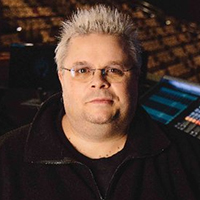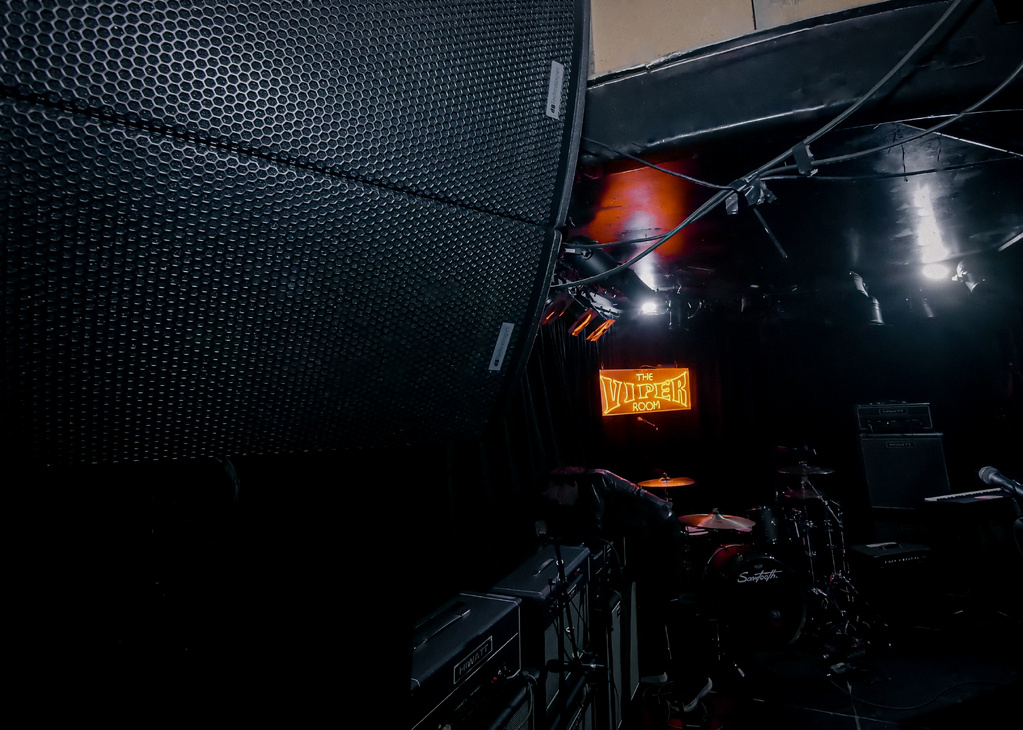While traveling with a female entertainer many years ago, I experienced something that turned out to be a pivotal moment in my life and career.
Like many in production, I was a jack-of-all trades at the time, hired as both the audio engineer and tour manager. I had numerous details to handle, but I managed to keep all the plates spinning fairly well.
We did a lot of shows in those days with very little downtime, so I would try to make use of the time on plane flights meeting with the artist to make sure we were always on the same page. During one of these countless trips I was giving her the specifics of a problem we had encountered during a previous show.
I will admit that back in those days I was probably going a bit overboard trying to be honest and forthright—giving the artist enough details so they could stay informed as to how things were going. Not only was this my chance to tell them the how and why of our successes, but it gave me an opportunity to relay the how and why of the negatives as well.

I’m sure I was in the middle of an awesome and dynamic diatribe when she interrupted to remark on how I was coming across to her at that moment.
By nature, she was an extremely direct person, and I usually appreciated it, but this was the first time her crosshairs were aimed at me. She calmly told me that all my explanations and reasoning just sounded like I was making lame excuses and in the end I was coming across as a little, little man. All she needed me to do was own this job and until I did, she was going to have a hard time respecting me.
Wow. What the heck was her problem, right? Here I am, the guy slaving away for her career, trying to make thousands of details converge perfectly so her touring experience would be successful and pleasant, and this is what she says to me? You know it. But here’s the overwhelming bummer about the whole thing: she was exactly right.
She had me dead to rights and deep down I knew it. It would be so perfect if I could tell you that I responded with some type of professional response, but in a spectacular display of my leadership style at the time, I reacted more like a petulant child and went around sulking for the remainder of the trip. Yes, I was a complete idiot.
As I crawled out of my fog of dismay and hurt ego and began to acknowledge to myself that she was right, I started to realize what she had been talking about. She wanted me to own it—OWN IT. To take on the responsibility I had been given, handle it, and get it done.
This meant I had to take everything, the good and the bad, the success and the failure, and deal with it without equivocation. What I didn’t realize was that most of the time she didn’t care about the how and why. She was entrusting that to me. She needed me to handle it, which in turn would make her life easier, as she would be relieved of those details and the related stress. In my zeal to relay the facts of the matter at hand, I was indirectly shirking my responsibilities and allowing my fear and insecurity of disappointing her become painfully obvious.
So here’s the deal. Quite simply, if my team has a success or a failure, it’s on me to own it. All of it. Even the mistakes.
Completely unplanned, this tenet became the foundation of how God started moving me into bigger and better things. Little did I know that by accepting the ownership for me and my team, it would start to convey a stature of trust and honesty that people were looking for—something desperately needed in the world of production and music.
It has been many years since I was trapped on that plane flight but I’ve never forgotten that experience. The whole ownership thing still comes a bit hard for me. It would definitely be easier to spread the failures around a bit and point the finger, but I know that’s not what I’ve been put in place to do.
These days I’m busier than ever doing much more challenging (yet gratifying) work than I could ever have imagined, but my primary goal each day is to own the task at hand. Cultivating this philosophy in our process and team scenario allows the team to function without fear of reprisal or condemnation because they know I’ve got their back. We all work better, success comes easier, and the boundaries of what we can accomplish seem almost limitless.
You can read and comment on the original article here.
Be sure to catch Andrew Stone at WFX 2018 in Orlando for the MxU training events.




















